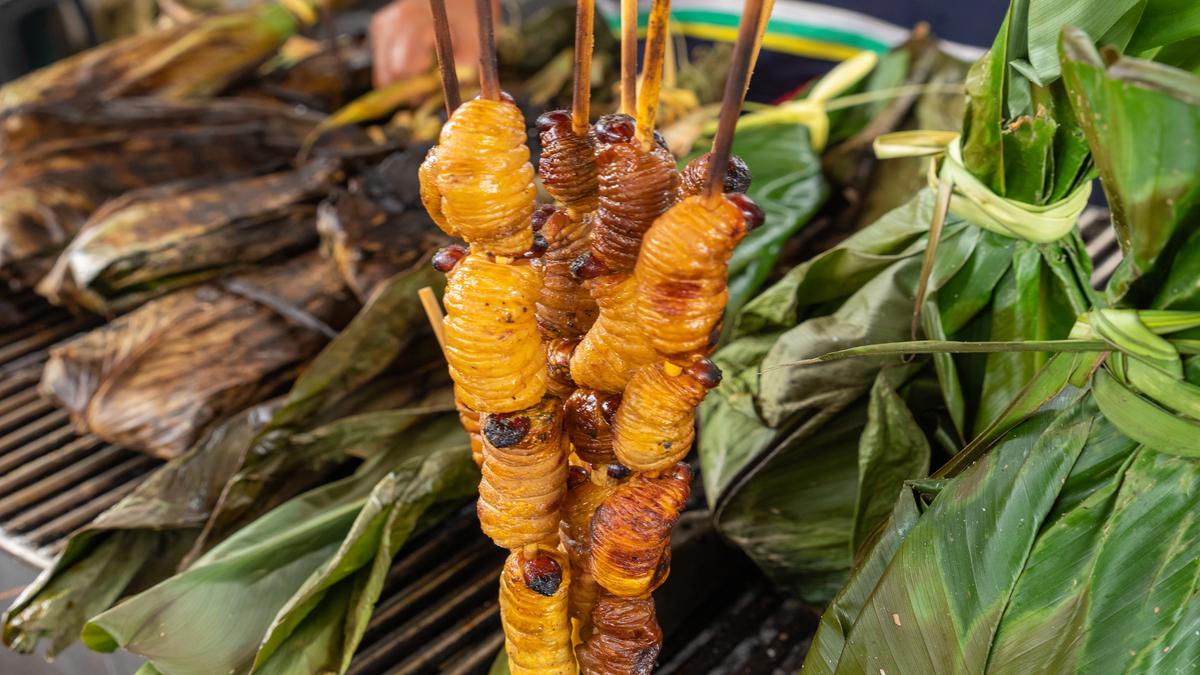Home / Lifestyle / Tribal Cuisines Showcase Diverse Insect Delicacies Across India
Tribal Cuisines Showcase Diverse Insect Delicacies Across India
18 Oct
Summary
- Insects provide high-quality protein, fat, and minerals
- Edible insects consumed by Indigenous communities in India
- Insects like beetles, moths, and hornets are roasted, fried, or cooked

As the world grapples with the need for sustainable food sources, insects are emerging as a promising solution. According to the article, insects play a crucial role in food production, pollinating crops, breaking down organic matter, and serving as natural pest controllers.
While many may be hesitant to embrace entomophagy, or the consumption of insects, the practice is already widespread globally. In fact, nearly a quarter of the world's population currently eats edible insects. In India, Indigenous communities in the Northeast States, Odisha, and the Western Ghats have long incorporated over 100 edible insect species into their traditional cuisines, consuming them for their nutritional value, cultural significance, and medicinal properties.
These tribal and rural populations reputedly consume a variety of insects, including beetles, moths, hornets, and water bugs, which are typically fried, roasted, or cooked. The Chakhesang and Angami tribes of Nagaland and Manipur even consider the Asian giant hornet a delicacy, cultivating it through semi-domestication techniques.
As the world seeks more eco-friendly protein sources, the practice of insect farming is gaining traction. Ethnobiologists at Nagaland University are studying traditional methods of insect farming and exploring ways to cultivate new species. With the World Health Organisation endorsing insects as a key to sustainable food production, the future may well see insects becoming a common sight on our plates.



